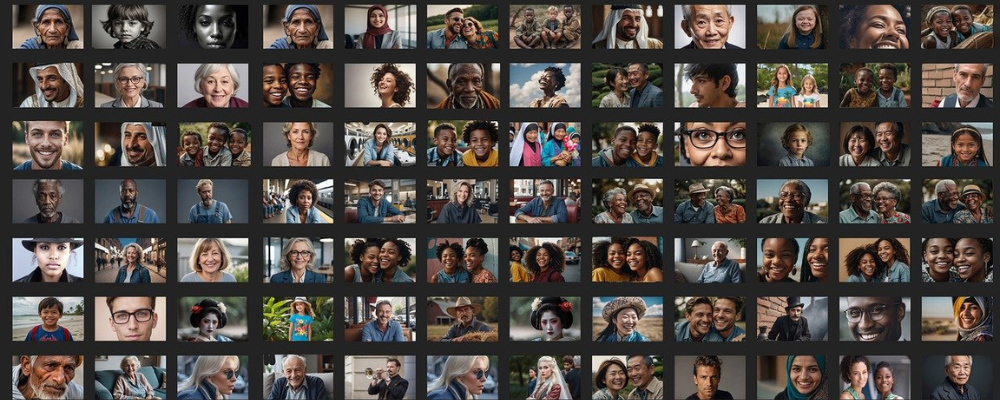
MOBILIZED NEWS • PUBLIC MEDIA COMMONS
The Breakdown — and the Opportunity
Why it matters:
Our systems are failing in real time—politics, media, and trust. The deepest crisis is informational. A well-informed public is the most valuable natural resource—and it’s being polluted by noise, spin, and pay-to-play distribution.
The big picture
- Outrage economics crowds out truth and context.
- Platforms throttle visibility; communities lose power.
- Real solutions exist—buried under clicks and chaos.
The shift
- From media monopoly → public commons.
- Evidence-based stories, open collaboration, civic action.
- Independent, community-owned distribution.
What we’re building
- Mobilized News: a participatory Public Media Commons.
- Systems-level journalism + community intelligence.
- Knowledge → Action: toolkits, hubs, local-to-global studios.
✦ ✦ ✦
Introducing Flip the Script
A fast, fact-forward feature show that:
- Exposes who benefits from broken systems and how narratives are manipulated.
- Surfaces proven solutions and the people building them now.
- Ends with clear, doable actions—today, where you live.
Storylines
Democracy: from disinfo to digital self-governance
Food: Big Ag vs. regenerative systems
Energy: policy, grids, and community power
Media: taking back the signal from the noise
Format
- Short editorial segments, myth-busting, explainer visuals
- Expert voices + community reporters
- Action steps and toolkits per episode
Who it’s for
- System-thinkers, educators, journalists
- Community organizers & policy innovators
- Young leaders ready to act
